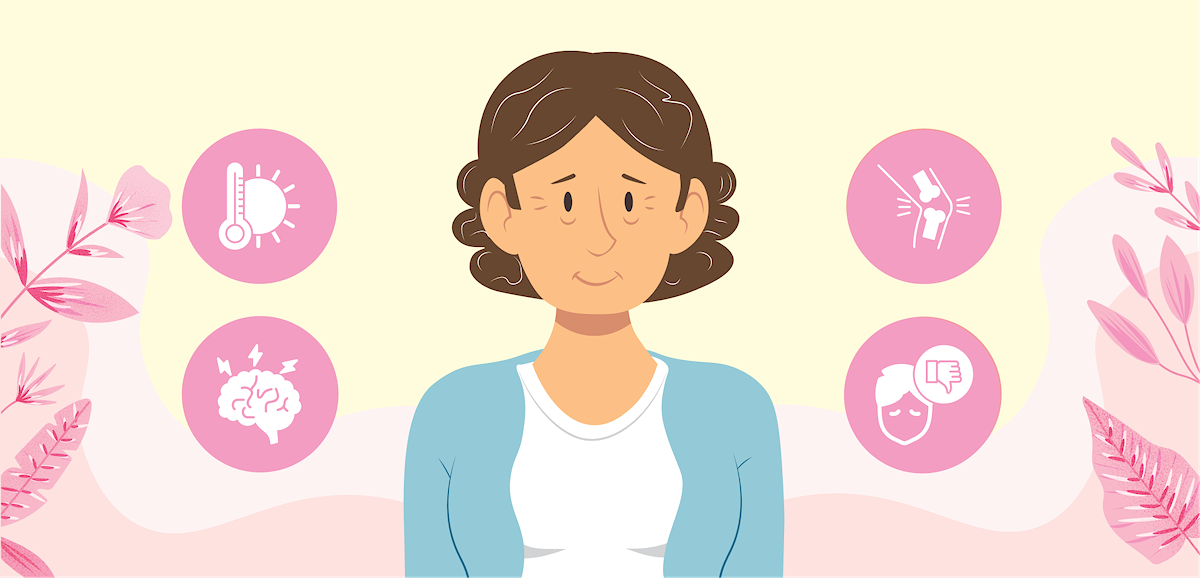
by Rhoda Ramos (Ob-Gyne)


by Rhoda Ramos (Ob-Gyne)
Learn about menopause or perimenopause, its symptoms, and how one can manage through this phase of womanhood.
“I am not my usual self.” These are the common words a lot of women in their late 50s utter when they are experiencing perimenopause.

Perimenopause is a phase from the reproductive years to the final cessation of menstruation (the end of the monthly period when the ovaries are devoid of follicles). This occurs as early as 40 and as late as 55 years old. It is a phase in which a woman experiences vasomotor symptoms such as hot flashes, joint pains, fatigue, migraine, insomnia, and lack of concentration, not to mention other worse symptoms of depression, anxiety, and low self-esteem. It is clearly debilitating and affects the everyday lives of women needing serious attention and management.

Before the advent of the use of medical supplements, women are encouraged to modify their lifestyle as a natural means to cope with the burdens of menopause. These include diet modification and an active lifestyle.

Diet modification suggests increasing the intake of plant foods, especially those high in phytoestrogens while reducing increased fat animal foods and sugar in the diet.
Phytoestrogens bind to estrogen receptors and replace some of the effects of estrogen no longer being produced or at least in low amounts. These are present in soybeans, nuts, apples, celery, and parsley.

Another natural means is to exercise regularly. This can release endorphins, “happy hormones”, making irritability and mood swings easy to cope with. Short daily walks, yoga stretches, and pilates-based exercise programs to name a few. These improve energy and metabolism, healthier bones and joints, decrease stress, and better sleep.

Hydration is another one. Dryness is often an issue during menopause likely caused by decreased estrogen levels. Eight to twelve glasses of water can help.

Finally, taking supplements containing phytoestrogens readily available in the market helped a lot of our women undergoing menopause. With advice and proper supervision, reports of “getting back to their usual self “ is very promising.
With early recognition and management, counseling, and follow-up, we can improve the lives of many women, making menopause like “ a walk in the park”.